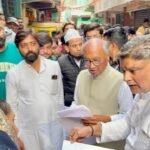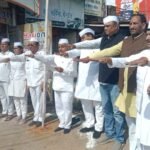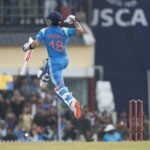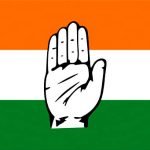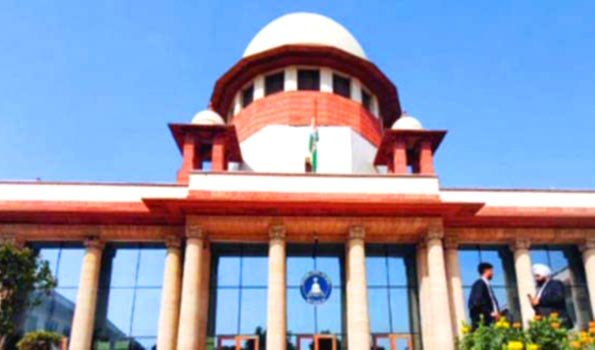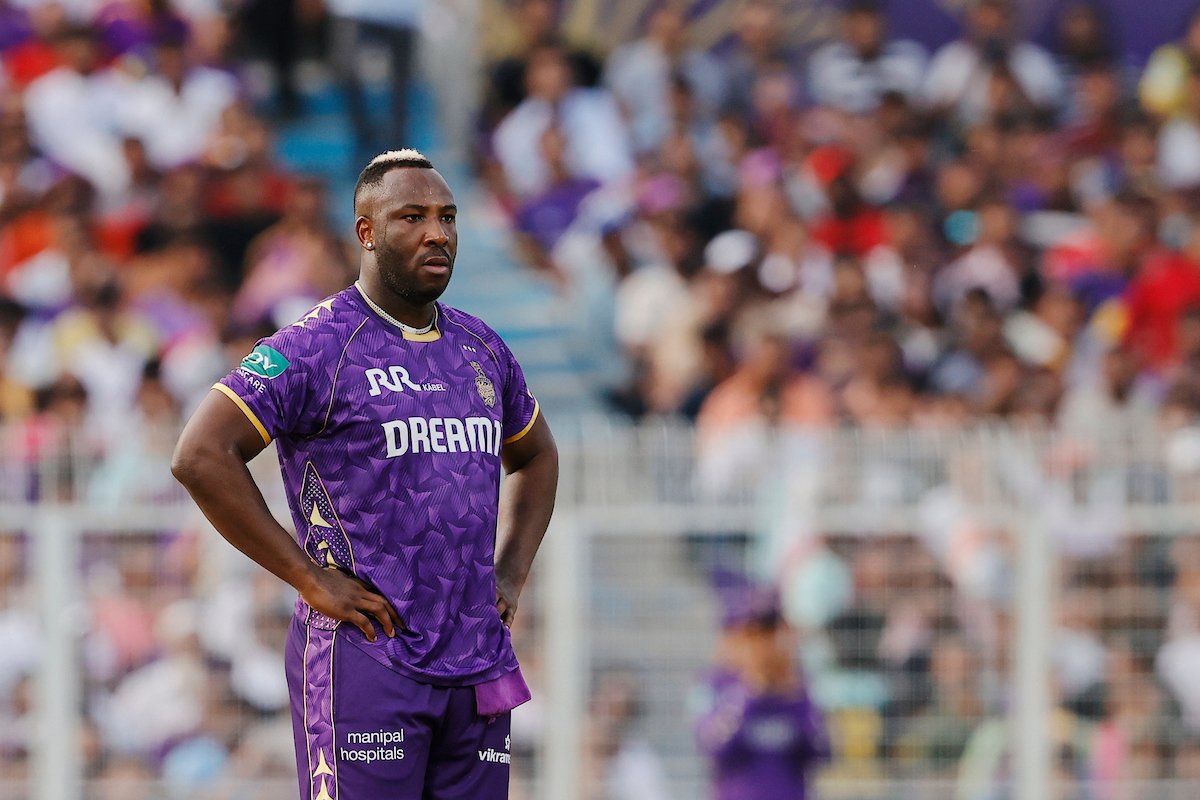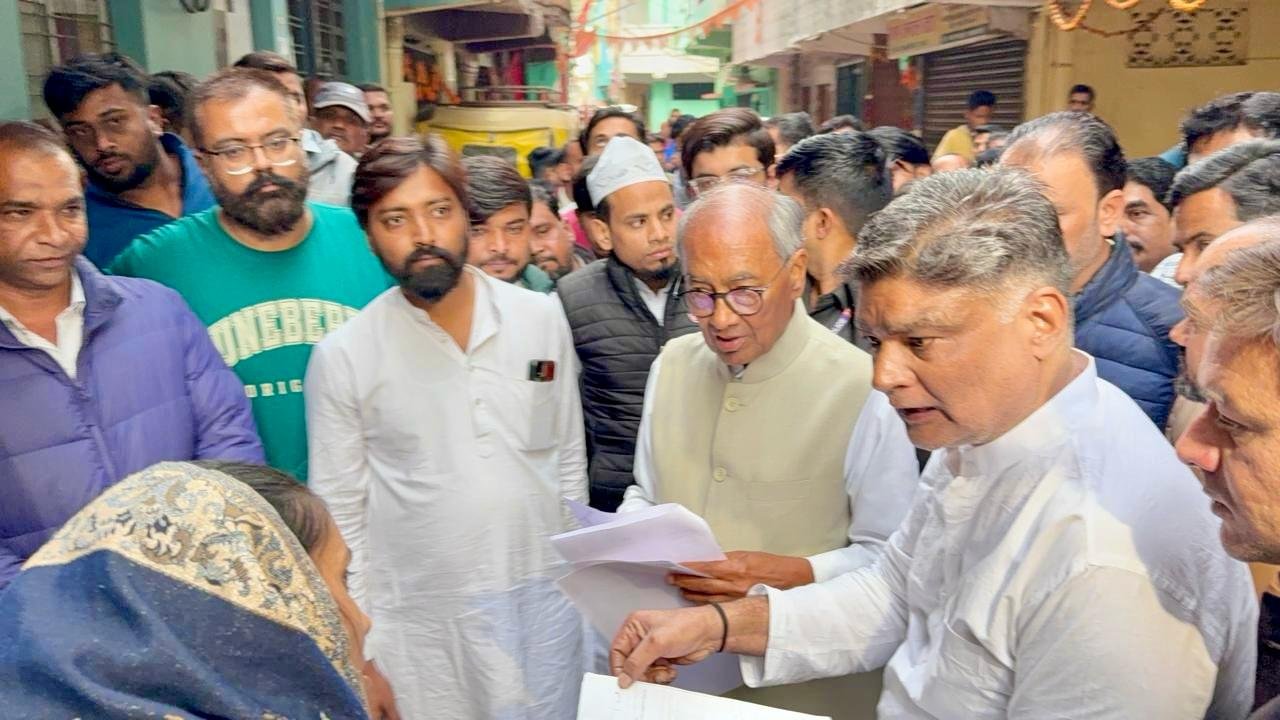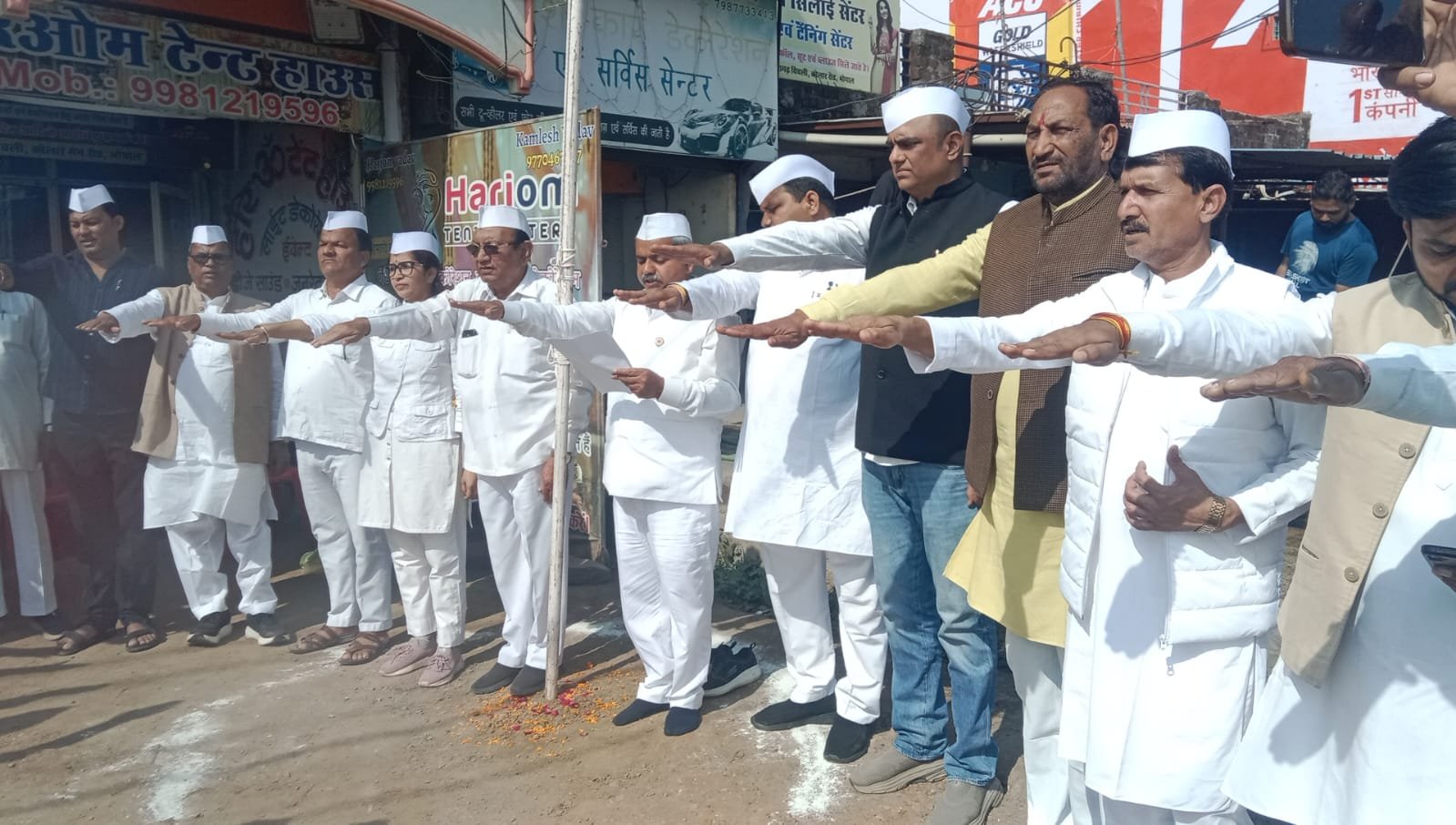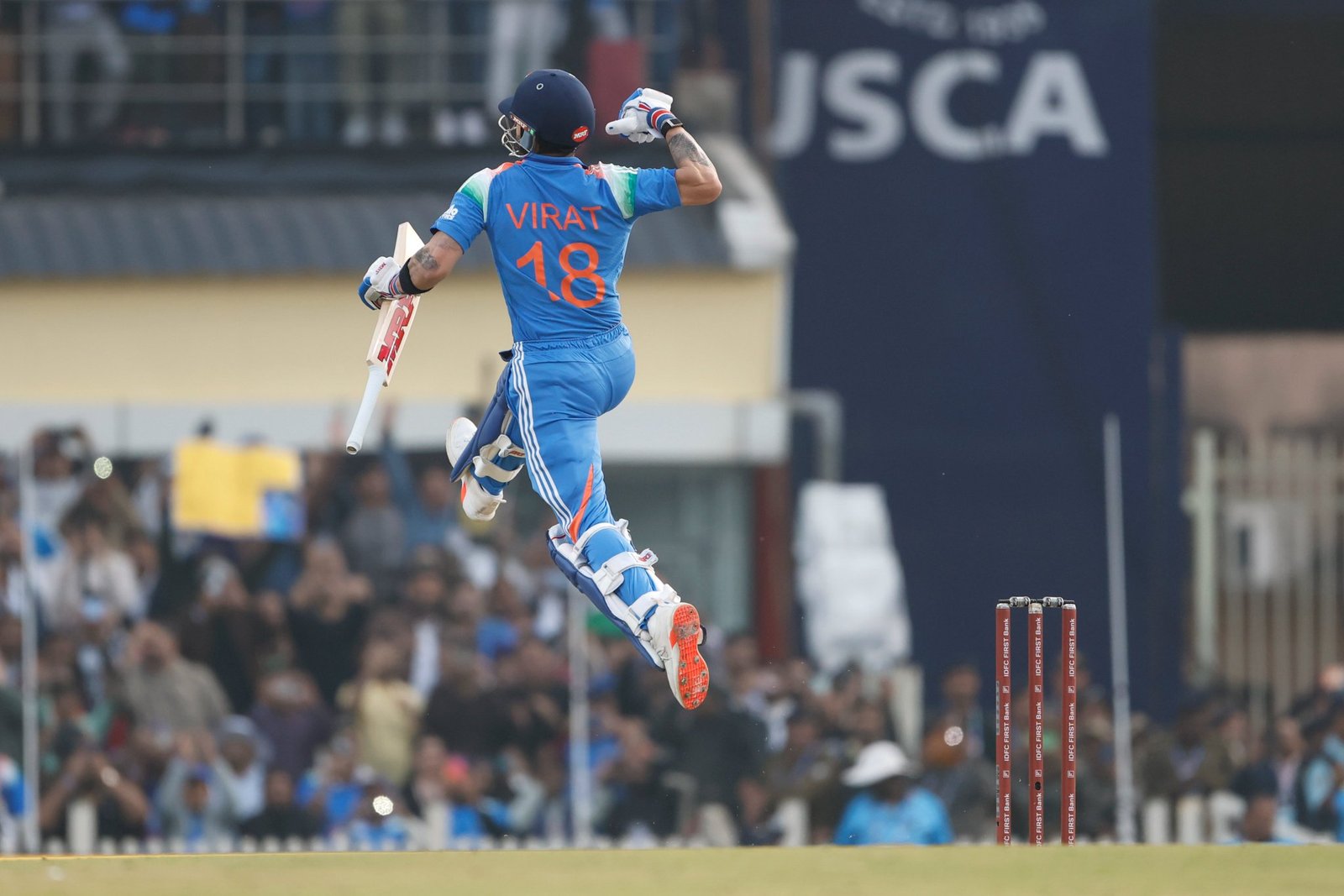New Delhi, June 23 (UNI) The Supreme Court on Monday expressed its intent to lay down guidelines for issuing OBC (Other Backwards Classes) certificates to children of single mothers, allowing the use of the mother’s caste certificate without requiring documents from the paternal side.
A bench comprising Justices KV Viswanathan and N Kotiswar Singh heard the matter and scheduled it for final hearing on July 22.
“The present petition raises an important issue about the issuance of OBC certificate to children of a single mother where the mother belongs to the OBC category,” the bench noted in its order.
The petitioner contends that existing guidelines unjustly require an OBC certificate from a paternal blood relative, father, grandfather, or uncle thereby excluding single mothers such as widows, divorcees, or adoptive mothers from securing rightful benefits for their children.
Justice Viswanathan remarked during the hearing, “Say there’s a divorced mother, why should she be going after the father?”, indicating the need to address systemic barriers faced by single mothers.
The Supreme Court had earlier issued notice on the petition in February 2025, seeking responses from the Delhi government, Union of India, and Union Territories.
On Monday, Additional Solicitor General Sanjay Jain cited the Rameshbhai Dabhai Naika v. State of Gujarat (2012) judgment, where the Court ruled that caste identity in inter-caste marriages should be assessed based on upbringing and social environment rather than mere paternal lineage.
Justice Viswanathan emphasised that similar principles must be extended to OBC cases. “They have resolved it for SC/ST if the child is brought up in the mother’s surroundings, benefits cannot be denied. That logic should apply here, too,” he said, while also affirming that the concept of creamy layer based on income would continue to apply.
The petitioner, a retired MCD teacher, argued that the current rules violate Articles 14 and 21 of the Constitution by discriminating against single mothers from OBC communities.
In contrast, she pointed out that children of single mothers from Scheduled Castes and Scheduled Tribes already benefit from more inclusive criteria.
The Court allowed states that wish to submit their stance to do so before the next hearing. Justice Viswanathan reiterated that the final guidelines would address complexities arising out of inter-caste marriages and social realities faced by single mothers.


